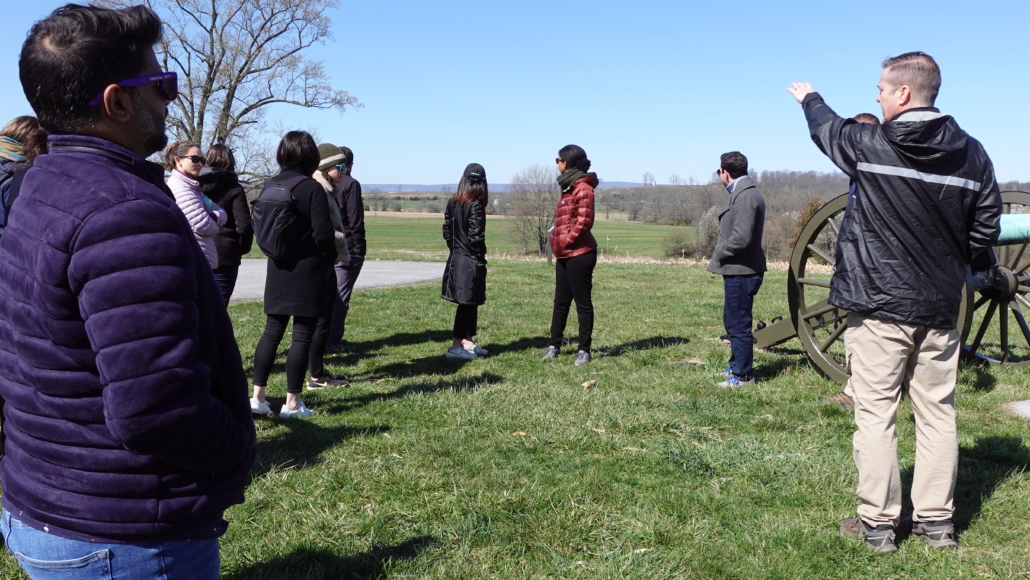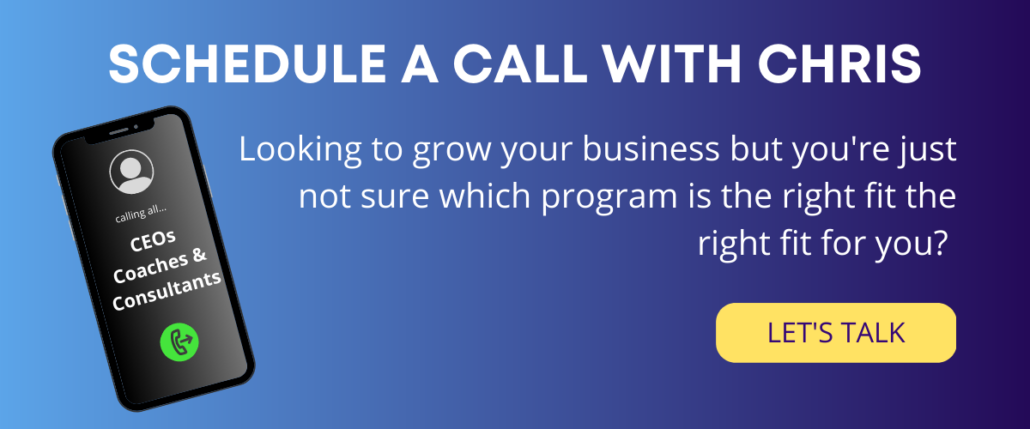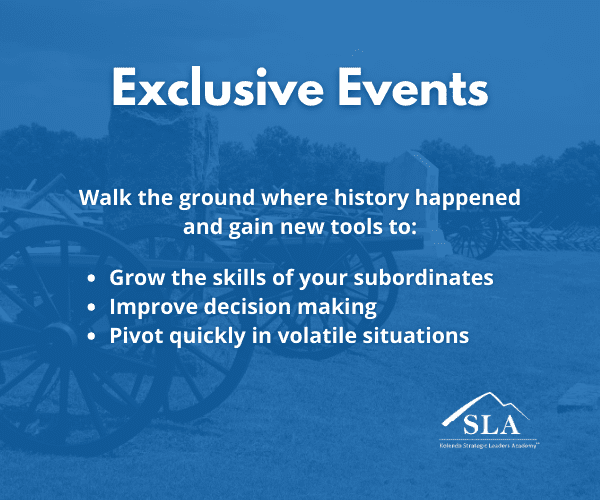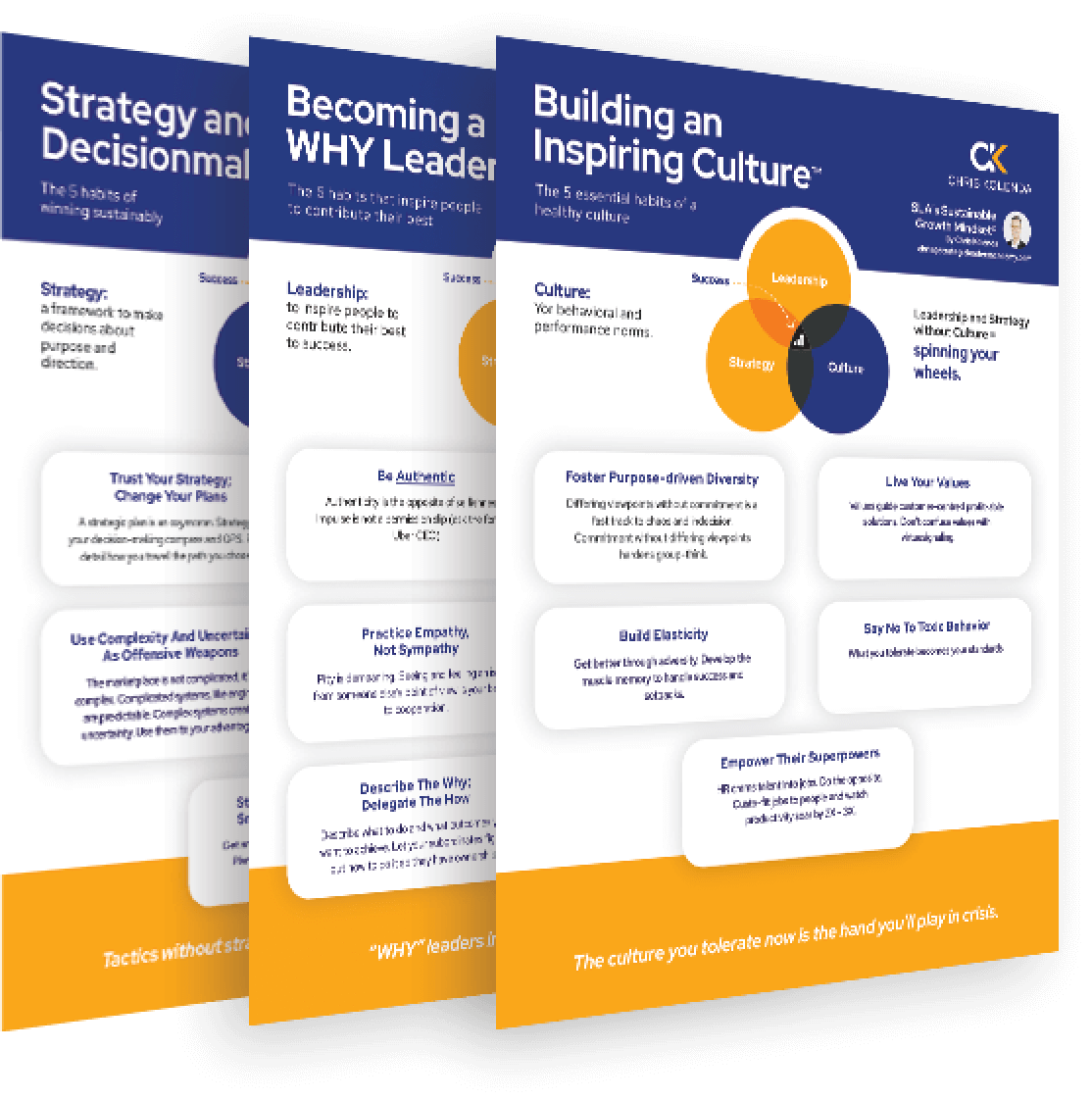Preventive Action Could Have Averted Norfolk Southern’s Derailment
Preventive action reduces the probability of a catastrophe down the line.
Complacency occurs when you do the same things over and over and are satisfied with the result.
It’s so easy to get complacent. You find something that works for you, and you keep doing it. You institutionalize it as a best practice. That sounds like common sense.
That mentality works in a static world where nothing changes. Your best practice cannot get better.
Why it matters
We live in a dynamic world. Today’s best practice is tomorrow’s cautionary tale. Norfolk Southern’s quest for absolute efficiency, known as precision-scheduled railroading, may have created fragility that led to the disastrous derailment.

I took future national security leaders to Gettysburg last week to discuss complacency and innovation, among other topics. They were keen to discuss risk and uncertainty.
We contrasted downstream actions that address a problem that’s occurred and upstream actions that seek to reduce the likelihood of future problems.
Confederate general Robert E. Lee, caught off guard that the Union Army was so close, fixated on corrective actions that spiraled into the disastrous Pickett’s charge.
Preventive action is upstream
Preventive actions and contingent actions are upstream.
Preventive actions, like periodic tune-ups for your vehicle, reduce the probability that you will have a catastrophic engine failure. Contingent actions like insurance ameliorate the costs of future problems.
The challenge
The challenge is that you can get fixated on costs and remove vital preventive and contingent actions like safety, subordinate leaders development, coaching, etc.; you see them as “cost-centers” and nice-to-dos.
Norfolk Southern is another example of corrective action being more expensive than preventive action.
What risks are most important for you to prevent?
What contingencies must you prepare to face?
What preventative and contingent actions must you take to prepare for uncertainty?
These practical discussions are common at Gettysburg because I use stories of the battle to tee up discussions that you tell me are vital to your business. You’ll expand your perspective and develop pragmatic ways to improve by getting out of your daily environs.
My next battlefield seminar for CEOs and Consultants is June 6th-9th at the Antietam and Gettysburg battlefields. Learn more about my exclusive events to expand your perspective and develop pragmatic ways to improve. Schedule a call to see if the event is a good fit.




